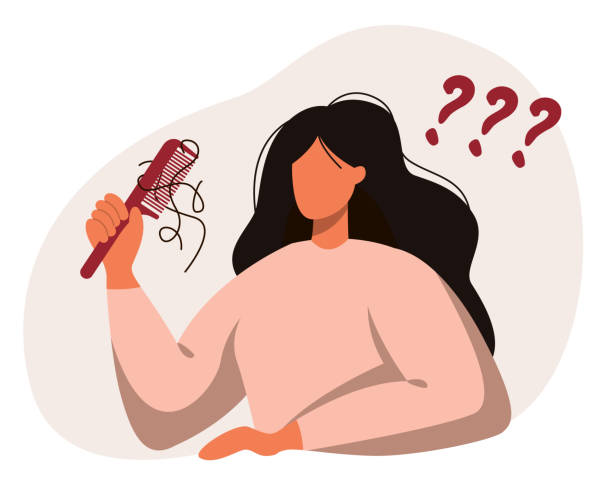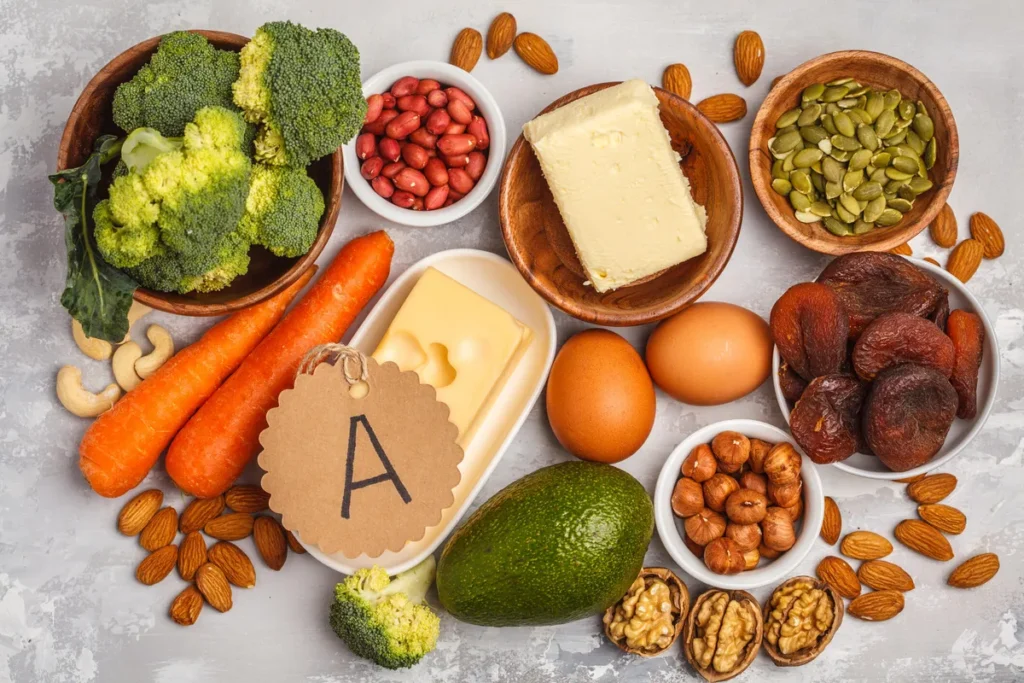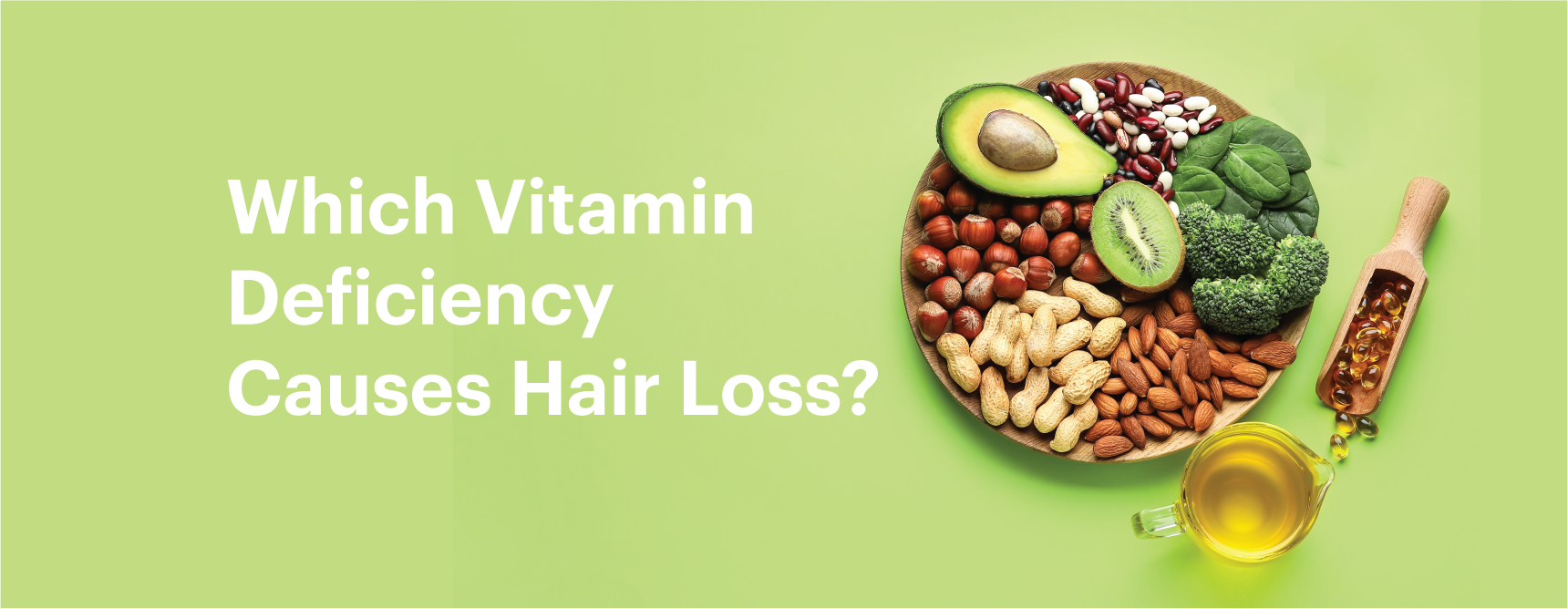
In the realm of health and well-being, the relationship between vitamins and our body functions is profound and often underestimated. One significant concern that worries many individuals is hair loss, and it’s essential to know about the intricate connection between vitamin deficiencies and the body. So many people want to know which vitamin deficiency causes hair loss and which vitamin helps to regrow hair. Let’s discuss this.
Table of Contents
Understanding the Basics: Hair Growth and Vitamins
Hair, a defining feature of our appearance, undergoes a constant cycle of growth and shedding. The foundation of healthy hair lies in the hair follicles, where new strands emerge. To maintain this cycle, our body relies on an adequate supply of essential vitamins. Let’s explore how deficiencies in specific vitamins can disrupt this delicate balance.

Vitamin A: Nurturing the Scalp
Vitamin A plays a pivotal role in promoting a healthy scalp, a crucial environment for robust hair growth. This vitamin aids in the production of sebum, an oily substance that moisturizes the scalp and keeps hair follicles hydrated. A deficiency in vitamin A can lead to a dry, itchy scalp and potentially contribute to hair loss.
Biotin (Vitamin B7): The Hair Growth Booster
Often called the “hair growth vitamin,” biotin is instrumental in the synthesis of keratin, a protein essential for hair structure. Inadequate levels of biotin may result in brittle hair and increased hair loss. Including biotin-rich foods in your diet or considering supplements can contribute to maintaining optimal levels for lush, healthy locks.
Vitamin D: Beyond Bone Health
While vitamin D is primarily associated with bone health, its impact extends to various bodily functions, including hair growth. Research suggests that a deficiency in vitamin D may contribute to hair thinning and loss. Incorporating vitamin D-rich foods or spending time in sunlight can address this deficiency and potentially improve hair health.
Identifying the Culprits
Understanding the symptoms of vitamin deficiencies is crucial to addressing hair loss concerns. Recognizing these signs can guide individuals towards targeted solutions to replenish lacking nutrients.

Dry and Lackluster Hair: A Call for Vitamin A
If your hair appears dull and lacks its natural shine, it could be signaling a deficiency in vitamin A. Including carrots, sweet potatoes, and leafy greens in your diet can provide the necessary boost.

Brittle Hair and Split Ends: Biotin Insufficiency
Brittle hair that breaks easily and exhibits split ends may be indicative of insufficient biotin levels. Incorporating biotin-rich foods like eggs, nuts, and seeds can fortify your hair structure.
Thinning Hair: Vitamin D Deficiency Warning
Thinning hair, especially in patches, may be linked to insufficient vitamin D. Consultation with a healthcare professional and integrating vitamin D supplements or fortified foods can address this concern.
Strategies for Combatting Hair Loss Through Nutrition
Taking a proactive approach to address vitamin deficiencies contributing to hair loss involves strategic dietary choices and, when necessary, supplementation. Here are actionable steps to promote optimal hair health:
Balanced Diet: The Foundation of Healthy Hair
A well-rounded diet that includes a spectrum of vitamins and minerals is fundamental for overall health, including hair. Incorporate a variety of fruits, vegetables, lean proteins, and whole grains to ensure you’re receiving a diverse range of nutrients.
Supplements: Bridging Nutritional Gaps
In cases where dietary sources may not suffice, supplements can be a valuable addition. Consultation with a healthcare professional is advisable to determine the right dosage and formulation for your specific needs.
Lifestyle Choices: Supporting Hair Health Holistically
Beyond nutrition, lifestyle choices play a role in hair health. Manage stress levels, ensure adequate hydration, and practice good hair care habits to complement your nutritional efforts and hair regrowth.


“Bravo!”